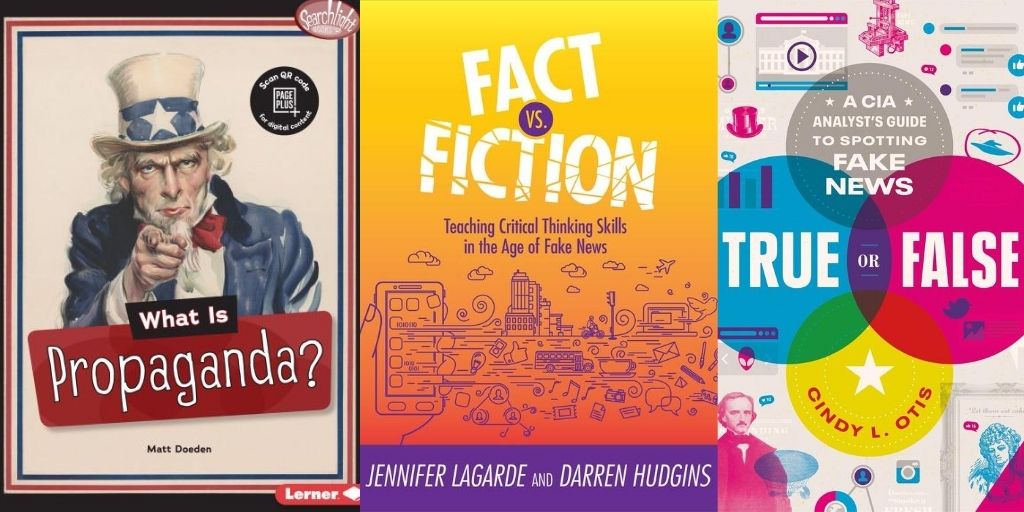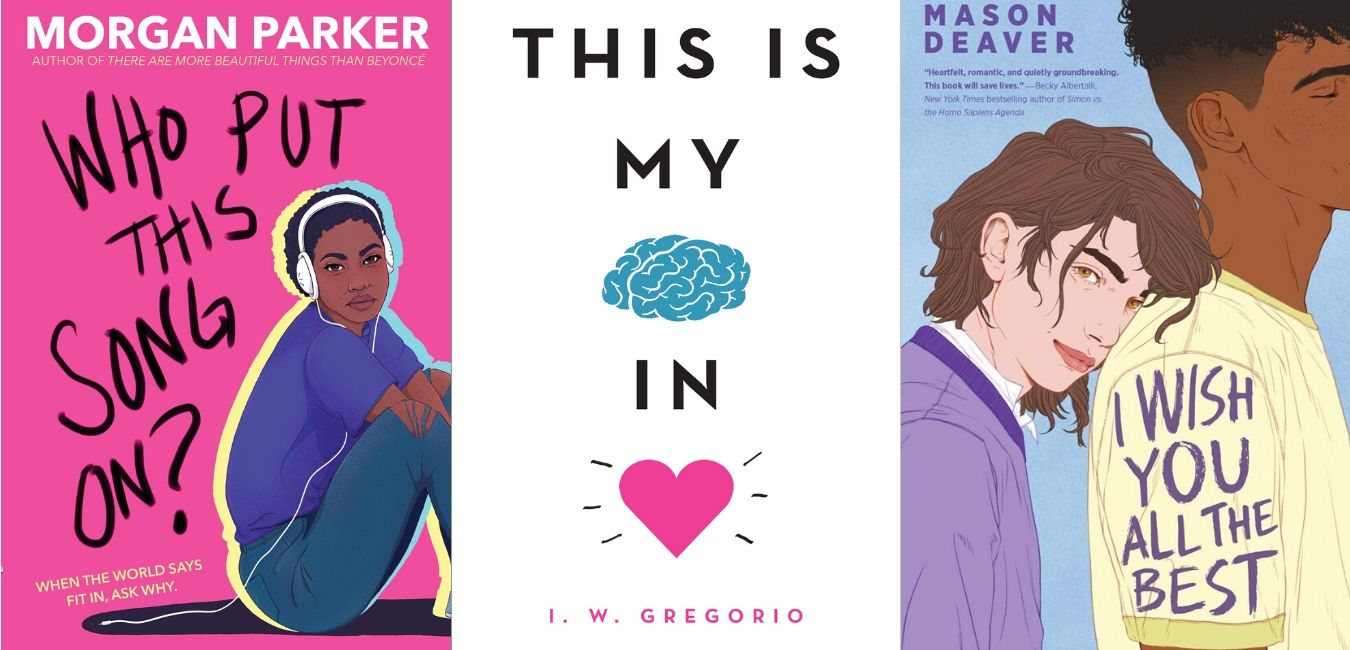Sunday Reflections: Not All Educations are Created Equal
 I was speaking to someone the other day about the issue of growing poverty in the U.S. when the friend shocked me by victim blaming kids living in poverty. The most surprising part of it all was that this friend is a social work major who is going into the field to help children. She is going to go try and help the very children whose lives she doesn’t seem to understand in any way.
I was speaking to someone the other day about the issue of growing poverty in the U.S. when the friend shocked me by victim blaming kids living in poverty. The most surprising part of it all was that this friend is a social work major who is going into the field to help children. She is going to go try and help the very children whose lives she doesn’t seem to understand in any way.
It’s easy for us, as adults, to look at other adults and see that a better education could help improve their lives. But the truth is, not all educations are created equal and many children are born into this world with incredible educational disadvantages that can be almost impossible to overcome.
ADVERTISEMENT
ADVERTISEMENT
To begin with, not all schools are created equal. Many schools rely on local funding, so schools in poorer communities are fundamentally disadvantaged. When we were living in the poorest county (at the time) in Ohio, you could see that reflected in the school system. Because over 80% of the students qualified for free or reduced lunch, the school district applied for and received a special grant so that every child in the area received free breakfast and lunch. Every year the school tried to pass a new operating levy and every year it failed. In the 10 years that I lived there no new levies were passed. It’s not that the parents didn’t care about education, it had more to do with the fact that the average yearly income was around $24,000 and paying additional taxes would mean going without more meals or the opportunity to fix your dying car you need to get to and from work.
In comparison, we moved three years ago due to my husband’s job. Though things are still very tight for us and the people who live in this neighborhood, the schools in Texas have a different funding structure and are doing better financially. Beginning in the 5th grade, every student in this school district gets a laptop to take home every night to do homework. I imagine there are a significant number of students who don’t have Wifi at home, but they can still use the computers to write reports or put together presentations. Due to funding laws here, when the schools recently needed an increase there was no vote necessary, the district simply raised the school taxes.
And yet even with the improvements in this school district from our previous one, I can still see inequalities when compared to the school district my nephews attend. The Tween has never been on a school field trip, because the district here can’t afford it. Primarily, it seems, they can’t afford the busing. However, my nephew has been on several field trips each year to places like the zoo and science museums. As someone who loved school field trips, it always makes me a little sad that The Tween has never been on one.
The funding inequalities of individual districts affects their ability to recruit and maintain qualified, experienced teachers. It affects the types and amount of equipment that they can have in the classroom. It affects the diversity of curriculum offerings – schools with more money can have more special classes like languages, arts, consumer sciences, etc. And it affects the entirety of after school program offerings.
These inequalities also affect the way colleges perceive applications. Because not all schools are created equal, not all diplomas are equal. If you receive a diploma from a poor or failing school district it certainly doesn’t carry the same weight as a diploma from a prestigious school with a rigorous academic program. People living in poverty seldom have access to these types of schools.
If they are accepted into a college or university, students who have lived their whole lives in poverty must find a way to pay for that secondary education. Unless they are one of the few who receive scholarships, this often means that they must limit their choices once again due to economic factors.
The myth that kids and later young adults can pick themselves up by their bootstraps and get a good education is just that – a myth. Can a teen living in poverty change their life with a good education? Yes, sometimes. But there are very real systematic barriers we need to be addressing to help increase their chances. Mobility among social classes – upward mobility – is difficult due to systemic barriers that prevent kids and teens from achieving their full potential.
When we look at high school drop out rates, which current research indicates are declining though still substantial, it is important to remember that a percentage of those students who drop out do so to get full-time jobs to help feed their families. These aren’t slacker teens, they are teens who are forced to sacrifice their futures in order to take care of very real present needs.
Parental involvement can often be limited in poorer communities as these parents must work multiple jobs with unpredictable hours, frequently leaving their children home alone after school and in the evening hours to make their own dinners and try and complete their homework without an adult to ask for help or guidance.
ADVERTISEMENT
ADVERTISEMENT
The community into which you are born and raised can have tremendous impact not only on your immediate life, but on your chances of future success. Yes, there are people who rise above these limitations every day, but we do a tremendous disservice to the children we serve if we don’t recognize how real and overwhelming these systemic barriers are.
In Ohio, the state supreme court ruled more than 10 years ago that the way the state funded schools was unconstitutional because it created the very real economic discrepancies described above. And yet, more than 10 years later, nothing has changed about the way the state funds schools. Every day I read article after article where adults lambast our school systems with open hostility and refuse to invest any additional monies into failing school systems. The rhetoric against teachers has grown to a fevered pitch. All the while, education is being handed over to corporate sponsors who know little about it, care little about our children, and are primarily concerned with putting more money in their pockets.
One of the things I loved about the upcoming LOVE IS THE DRUG by Alaya Dawn Johnson is the way that Johnson was able to address some of these issues in the midst of a very thrilling ya novel about a flu pandemic. The teen students themselves often are forced to grapple with all of these issues as they look at the privileged life some of them lead while scholarship students are treated much differently. And when one character is able to get her cousin into the school it makes a very real difference in his life. These teens are very aware of the inequality in the world that they live in and are forced to grapple with them every day, so I’m amazed when I encounter adults who don’t have their eyes open to these very real issues.
I’m not a teacher. I don’t work for a school system. But I am a mom and I have seen the differences in our school systems. And as a librarian I have worked with a wide variety of tweens and teens across a wide variety of communities. I have worked in a wealthy district and in the poorest, and it is night and day difference. That difference is not just in things like the types of subjects they study and the amount of homework they do; you can see it in their eyes and in their drive. Kids growing up in poverty often lose that spark, that drive. They are hungry, not for knowledge or future success, but literally hungry. They are tired. They are world weary. We are failing these kids and in failing them, we are failing ourselves. If you think for one moment that the growing poverty issues our country is facing won’t dramatically impact the future of our country you are dead wrong. If we really want to change our future, we need to start having serious discussions about the inequalities of our education systems and find ways to provide adequate funding that don’t involve lining the pockets of large corporations.
Social Mobility:
MSNBC
NYTimes
Washington Post
Cycles of Poverty:
Breaking the Cycles of Poverty in Young Families
Cycle of Poverty Hard to Break in Poorest U.S. City
The Cycle of Poverty and Poor Health
How Poverty Affects Schools:
How Poverty Affects Behavior and School Performance
Rich Teen, Poor Teen: Books that depict teens living in poverty
Working with youth who live in poverty
Sunday Reflections: This is what losing everything looks like
Sunday Reflections: Going to bed hungry
Sunday Reflections: A tale of two libraries
Sunday Reflections: Poverty doesn’t always look the way you think it does
Sunday Reflections: All I Want for Christmas is the Chance to Go to College
Feeding Teens at the Library: Summer and Afterschool Meals
The Economy as Villain in The Year of Shadows by Claire LeGrand
Book Review: PANIC by Lauren Oliver
Book Review: HUNGRY by H. A. Swain
Filed under: Education, Poverty, Sunday Reflections, Teens
About Karen Jensen, MLS
Karen Jensen has been a Teen Services Librarian for almost 30 years. She created TLT in 2011 and is the co-editor of The Whole Library Handbook: Teen Services with Heather Booth (ALA Editions, 2014).
ADVERTISEMENT
ADVERTISEMENT
SLJ Blog Network
2024 Books from Pura Belpré Winners
In Memorium: The Great Étienne Delessert Passes Away
Winnie-The-Pooh | Review
Parsing Religion in Public Schools
ADVERTISEMENT









This is such an important piece. Thank you for writing it. I work in an insanely privileged school library where we want for nothing, but I am aware daily of how lucky I am, and i hear firsthand from colleagues and family members in education how hard it is to help kids learn when they're hungry and how it's difficult to make kids want to read when their library just has battered paperbacks published in 1982. While I think making local taxes go towards schools are, in theory, a great way to make people feel that they have ownership over their neighborhood's schools (far better than corporate charter schools), having them as the standard and the only way to fund a school only keeps the poor poor and the rich rich.
99% of articles, essays and comments about education begin with the wrong assumptions (and often get more wrong from there.) It is such a relief to read thoughtful commentary like this now and then from someone who gets it.